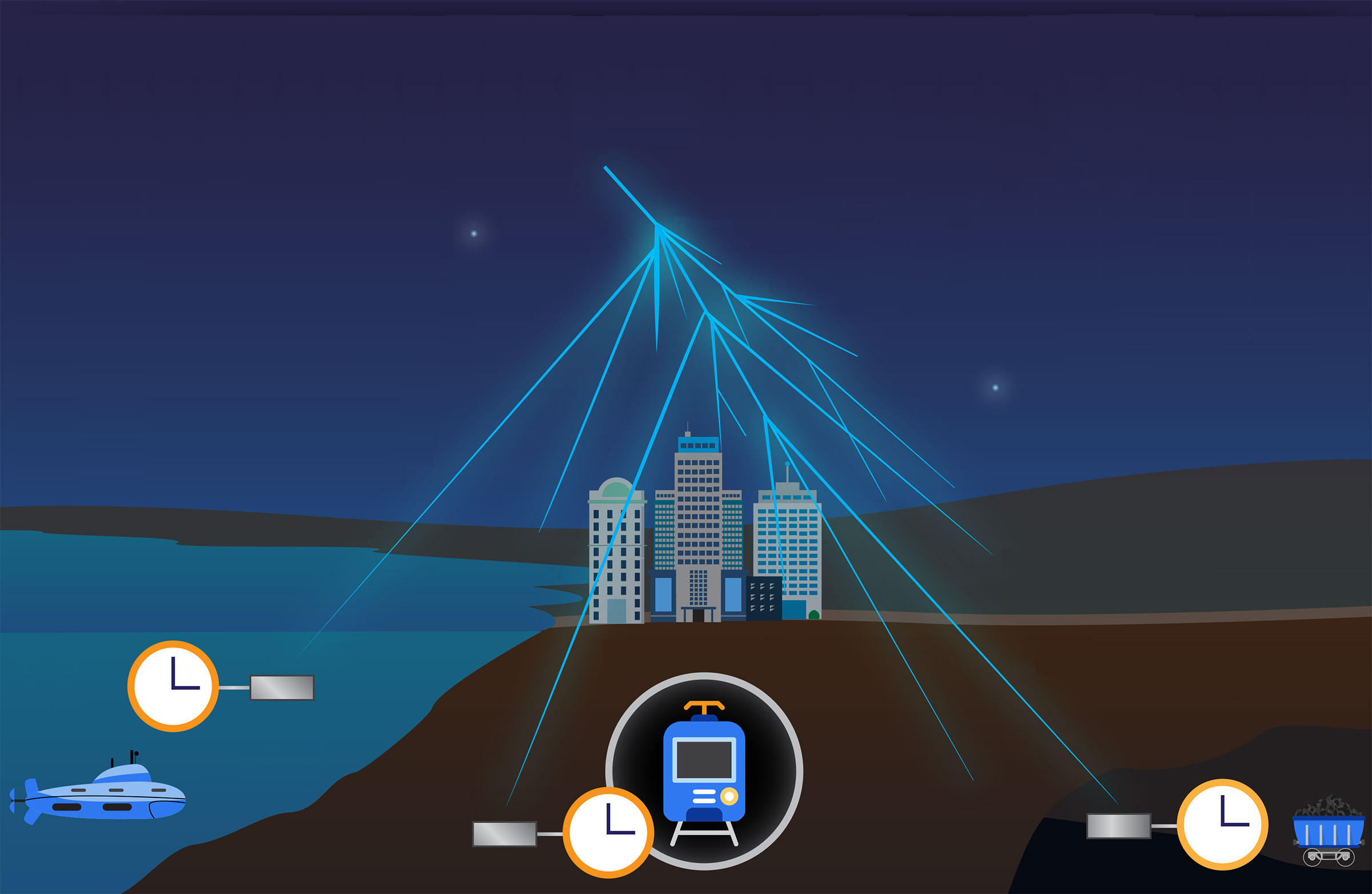These are independent reviews of the products mentioned, but TIME receives a commission when purchases are made through affiliate links at no additional cost to the purchaser.
GPS is great, unless you’re in a blind spot, inside a building, or under water. Professor Hiroyuki Tanaka at the University of Tokyo has developed a system that’s more reliable and precise. It uses muons, particles that are a natural form of radiation, which constantly bombard the Earth’s surface and are absorbed by the land or water they fall on. Tanaka’s muon positioning system tracks the level of radiation that reaches a receiver and computes how much has been absorbed along the way. This allows systems to map walls and floors or detect the presence of people. “The current positioning accuracy is 3.5 centimeters indoors,” says Tanaka. In March, the tech was used to uncover a hidden room within a 4,500-year-old Egyptian pyramid.
More Must-Reads From TIME
- The 100 Most Influential People of 2024
- Coco Gauff Is Playing for Herself Now
- Scenes From Pro-Palestinian Encampments Across U.S. Universities
- 6 Compliments That Land Every Time
- If You're Dating Right Now, You're Brave: Column
- The AI That Could Heal a Divided Internet
- Fallout Is a Brilliant Model for the Future of Video Game Adaptations
- Want Weekly Recs on What to Watch, Read, and More? Sign Up for Worth Your Time
